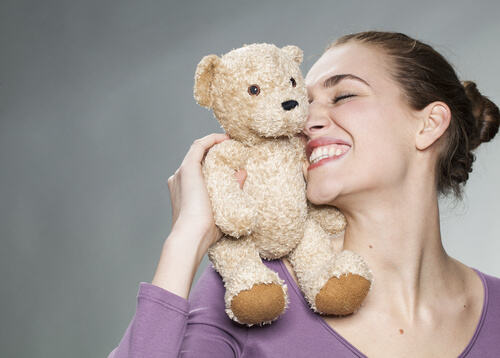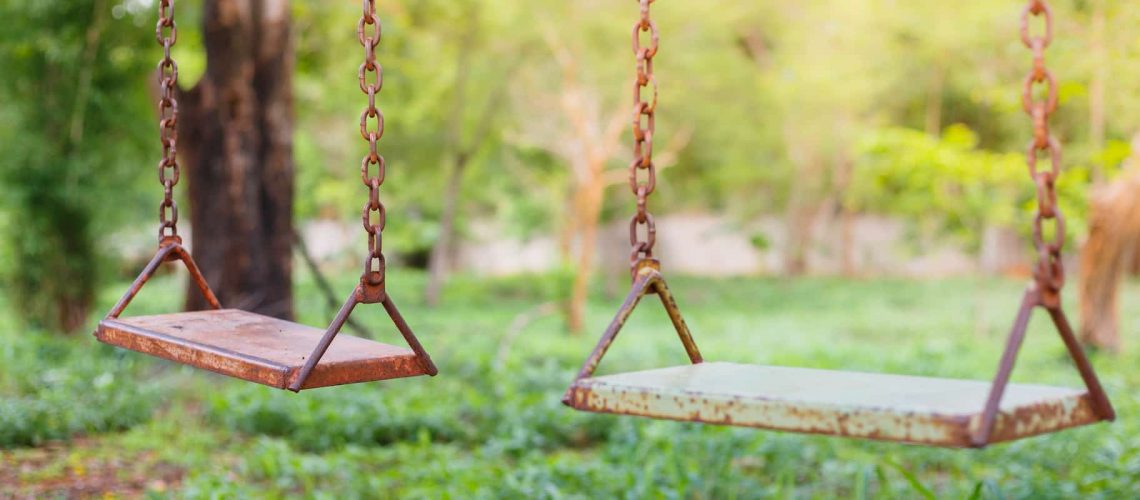The experiences we have in childhood can have a serious impact on our quality of life in adulthood. They can mold our personalities, affect romantic relationships, and influence how we parent our own children.
Most people can easily understand how physical abuse can affect a child. What about emotional abuse? And what about the often inevitable painful experiences many children experience, despite their parents’ best efforts to keep them safe?
Most people have emotional childhood wounds. These painful experiences can have long-term repercussions, often resurfacing in adulthood and wreaking havoc on our emotional wellbeing.
If you feel like you keep sabotaging yourself, making poor relationship choices, or having over-the-top reactions to certain situations, it may be your wounded inner child acting up. Your inner child represents your childlike aspects, personal memories, hopes, and dreams. If it is trying to get your attention, it may be crying out for an old wound to be healed.
Speaking with a relationship coach can be of immense help in this regard. You can also get started on your path to becoming a healthy adult by uncovering your childhood wounds on your own. Keep on reading to learn how you can get in touch with your inner child and heal emotional wounds.
What Are Childhood Wounds?

Imagine a child who craves affection and attention. Yet, their parents repeatedly ignore them. They need connection and nurturing without receiving the appropriate care. Such painful experiences can affect the child’s emotional intelligence, result in constant relational cravings, and cause the child to develop various survival patterns to heal their wounds. In adolescence and adulthood, they may turn to alcohol, drugs, food, or relationships.
Here are some of the most commonly experienced emotional wounds:
- Rejection: Kids who are rejected by their parents, caregivers, or peers can develop a deep fear of rejection. A rejection wound can also extend within, tainting your feelings and thoughts. A person with a rejection wound may feel like they don’t deserve affection. They may also isolate themselves from others and take all kinds of measures to avoid rejection.
- Abandonment: If you feel like loneliness is your worst enemy, you may have an abandonment wound. Kids who experience abandonment often grow up to develop a deep fear of being left. They may choose to leave their partners before they leave them or abandon projects early on.
- Humiliation: Being humiliated in childhood can leave a lasting mark. Parents and peers may tell the child that they are “bad”, clumsy, or not good enough. Or they may humiliate them in front of other people. Humiliation can have a serious impact on a kid’s self-esteem.
- Injustice: Cold, authoritarian, or controlling parents can produce feelings of inadequacy, uselessness, or ineffectiveness in their children. When this perpetuates into adulthood, the child may become rigid, perfectionistic, and mistrustful.
- Betrayal: When parents don’t fulfill promises or fail their child in any way, the child may develop a tendency to mistrust. This can later transform into feelings of jealousy and envy, or result in a controlling personality.
How Does A Bad Childhood Affect You?
As you have seen, childhood wounds can be the catalyst for a variety of self-sabotaging behaviors. Childhood stressors can cause emotional reactivity, causing you to develop various survival patterns to cope, and chronic hypervigilance as a result of an attachment wound. Some specific examples of survival patterns may include:
- Secrecy
- Avoidance
- People-pleasing
- Controlling behaviors
- Perfectionism
- Use of substances to not feel
- Insecurity
- Indecisiveness
- Aggression
- Selfishness
The survival patterns you develop may show up in your adolescence and adulthood, negatively affecting your relationships and overall well being. Although these coping mechanisms may have served you for years, they are unlikely to help you change your behavior and develop healthy intimacy.
Can Childhood Wounds Be Healed?
Yes, deep childhood wounds can be healed with patience and effort. For most people, speaking with a compassionate relationship coach can make a world of difference. A good coach will understand the immense impact of your painful childhood experiences and will make you feel heard, seen, and understood. They will enable you to express your feelings and thoughts, whether they be fear, sadness, or anger.
Also, your healing journey needs to unfold at your own pace. Give yourself time to work through the difficult feelings, keep learning, and embrace new experiences.
How Do Childhood Wounds Heal?
While everyone’s healing journey is different, there are some general paths you can take to facilitate the process:
- Know yourself. Acceptance starts with self-awareness and self-knowledge. Explore your emotions and accept where you are at right now. Be mindful of the present moment and be as honest as you can about how you feel. Then you can reflect on the root of your problems. Allow yourself to learn to become comfortable being uncomfortable.
- Get perspective. It is easy to fall into the trap of seeing things just how you want them to be. This can cause you to lose touch with how things really are. To accept your pain and heal it, you may need to change your perspective and try to get back in touch with reality.
- Acceptance doesn’t mean “giving in”. Just because you are willing to accept your emotional pain doesn’t mean that you endorse it or that you don’t want to change your behaviors. Instead, you are simply making peace with your past and allowing yourself to move on.
Heal With The Help Of A Dedicated Remote Relationship Coach

Changing your childhood survival patterns is not an easy process. Yet, if you are honest with yourself, you can develop healthy intimacy and let go of patterns that no longer serve you. Change is possible.
PIVOT can help. Through relationship-focused individual coaching and tailored coaching retreats and workshops, we can help you work on healing your core wounds and start facilitating meaningful behavioral change.
We are vastly experienced in helping individuals like you become healthy, happy, and balanced adults. We have a number of carefully thought out modules designed to help you address your deeply ingrained survival patterns and work on transforming them. Reach out to us today and start your healing journey.

